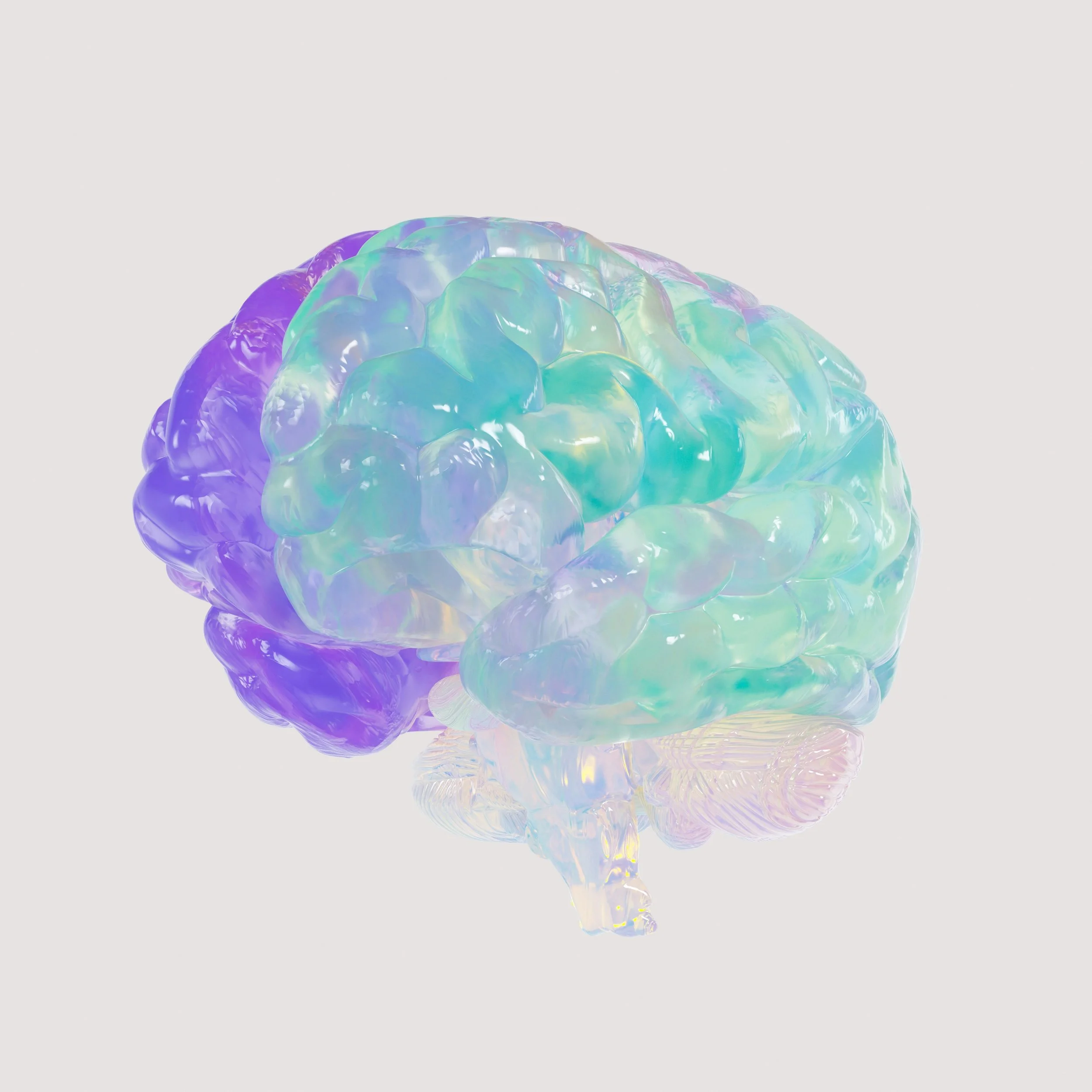Neurology: Putting the Power of Rehabilitation Back in Your Hands
In a world where stress, chronic pain, and injury are increasingly common, many people are seeking more control over their health. One of the most transformative ways to do that is through neurology — specifically, understanding how your nervous system can guide your recovery and long-term wellbeing. Neurology isn’t just for doctors and researchers anymore; it’s a practical, empowering bit of knowledge that puts the power of rehabilitation back into your own hands.
Understanding the Brain-Body Connection
At the core of neurology is the nervous system — the intricate network of your brain, spinal cord, and nerves that controls everything you do, from lifting a glass of water to calming your breath after a stressful moment. When injury or dysfunction occurs, whether due to trauma, chronic conditions, or stress, your nervous system adapts. Sometimes these adaptations aren’t helpful — they might result in compensation patterns, muscle imbalances, or even heightened pain sensitivity.
But here’s the empowering part: just as your nervous system learned those patterns, it can also unlearn them. That’s where neuromuscular rehabilitation comes in.
What Is Neuromuscular Rehabilitation?
Neuromuscular rehabilitation is a method of training that focuses on restoring communication between the brain and muscles. It uses controlled, precise movements to stimulate the nervous system — particularly through proprioception, your body’s sense of position in the space it occupies. These activities can "wake up" underused pathways in the brain, reduce chronic tension, and even retrain how your body handles stress.
When you move intentionally, with focus and control, you're not just exercising muscles — you're feeding information directly into your brain. That input creates better output: improved posture, more efficient movement, reduced pain, and a calmer nervous system.
Proprioception: The Body’s Inner GPS
Imagine your brain as a command center and your joints, muscles, and skin as data collection hubs. Proprioception is the system that relays constant feedback about where your body is and what it’s doing. When this system is sharp, your brain can organize movement efficiently. But when it’s dull — after injury, surgery, or prolonged stress — things start to fall apart.
The good news? Proprioception is trainable. Simple, low-impact activities like balance exercises, joint mobilisation, or even mindful walking can reawaken this inner GPS. And when proprioception improves, so does the entire mind-body system.
Rehabilitation as a Daily Practice
Neurological rehabilitation doesn’t require fancy equipment or long hours. It thrives on consistency, intention, and listening to your body. Think of it as brain training for your body. A few minutes a day of controlled breathing, slow mobility work, or sensory exercises can reduce pain, improve movement, and help calm a stressed mind.
Instead of handing over your body to someone else to “fix,” neurology invites you to become the expert on your own system. The more you understand how your brain and body communicate, the more confident and capable you become in maintaining your health, not just reacting when something goes wrong.
The Future of Health Is Neurological
As science continues to show the plasticity of the brain, the more we understand its ability change, adapt, and heal. Neurological rehabilitation is shifting the healthcare narrative. It’s no longer about passively receiving treatment. It’s about active participation, informed movement, and consistent self-care rooted in self-awareness.
Whether you’re an athlete, recovering from injury, or simply want to feel better in your own body, understanding neurology gives you tools that go far beyond physical therapy. It gives you a lifelong roadmap for optimal health. You don’t have to wait for pain or dysfunction to start caring for your nervous system. Start small. Get curious. Move with purpose. Your brain is listening and it’s ready to respond.

